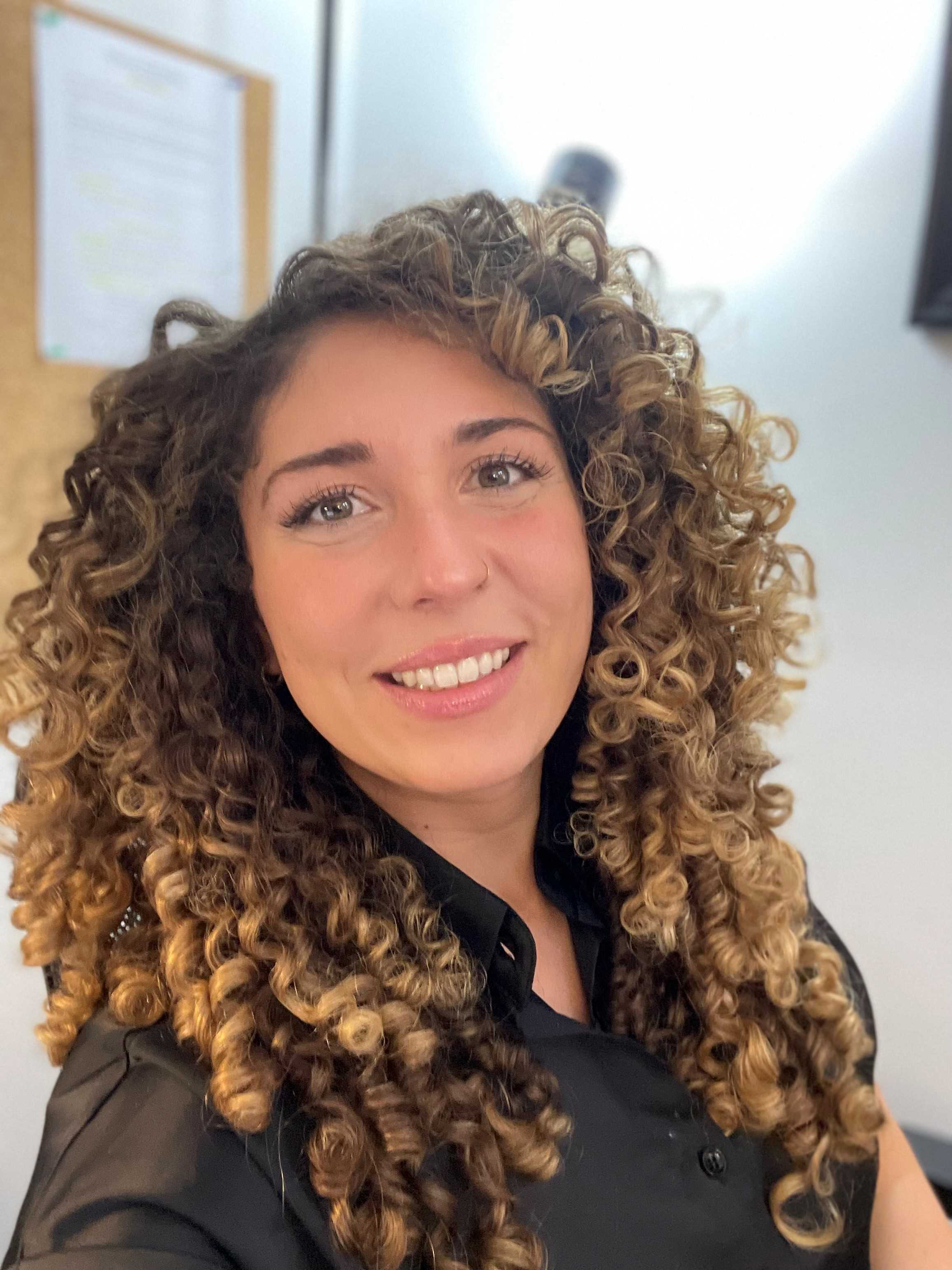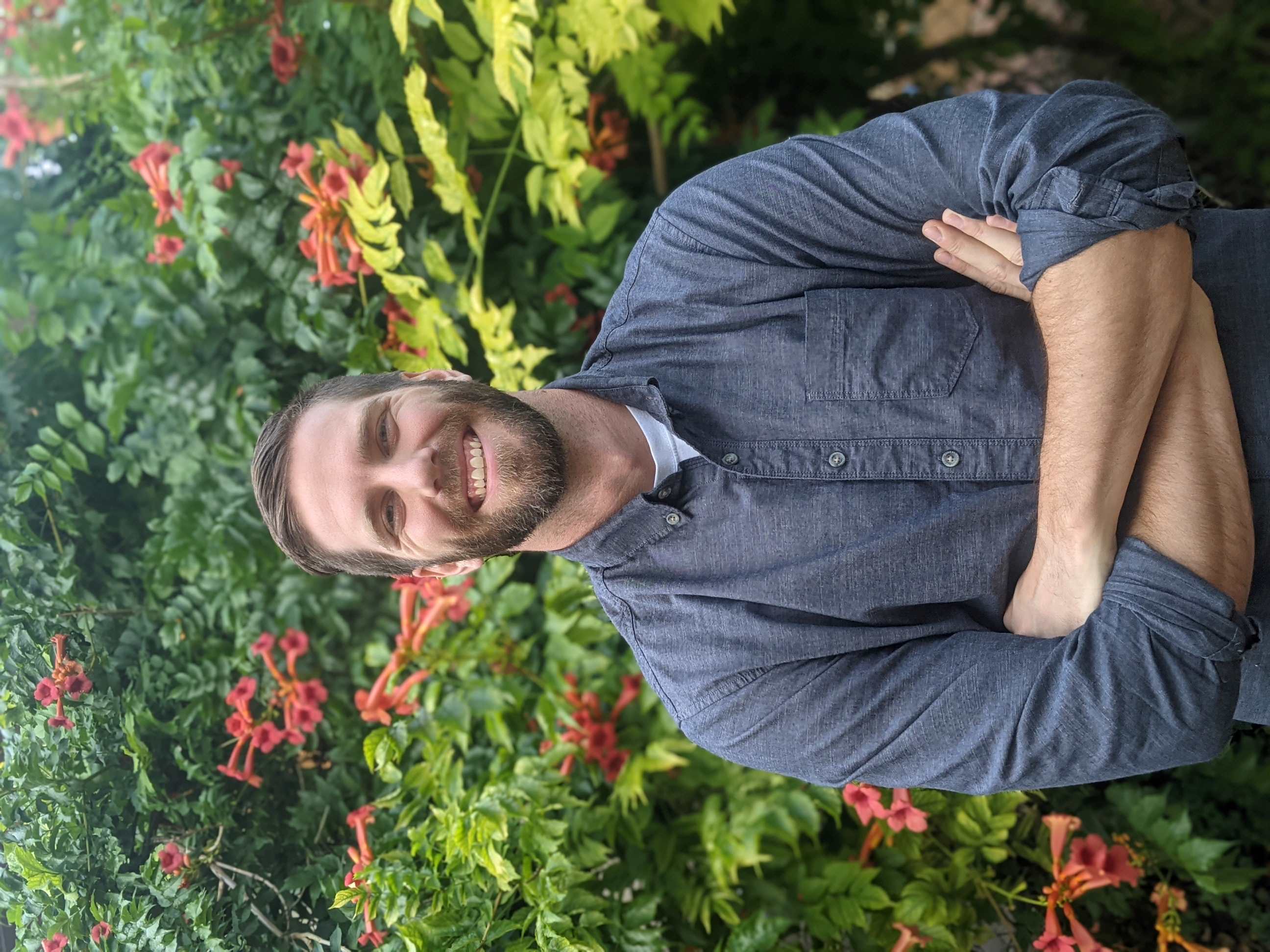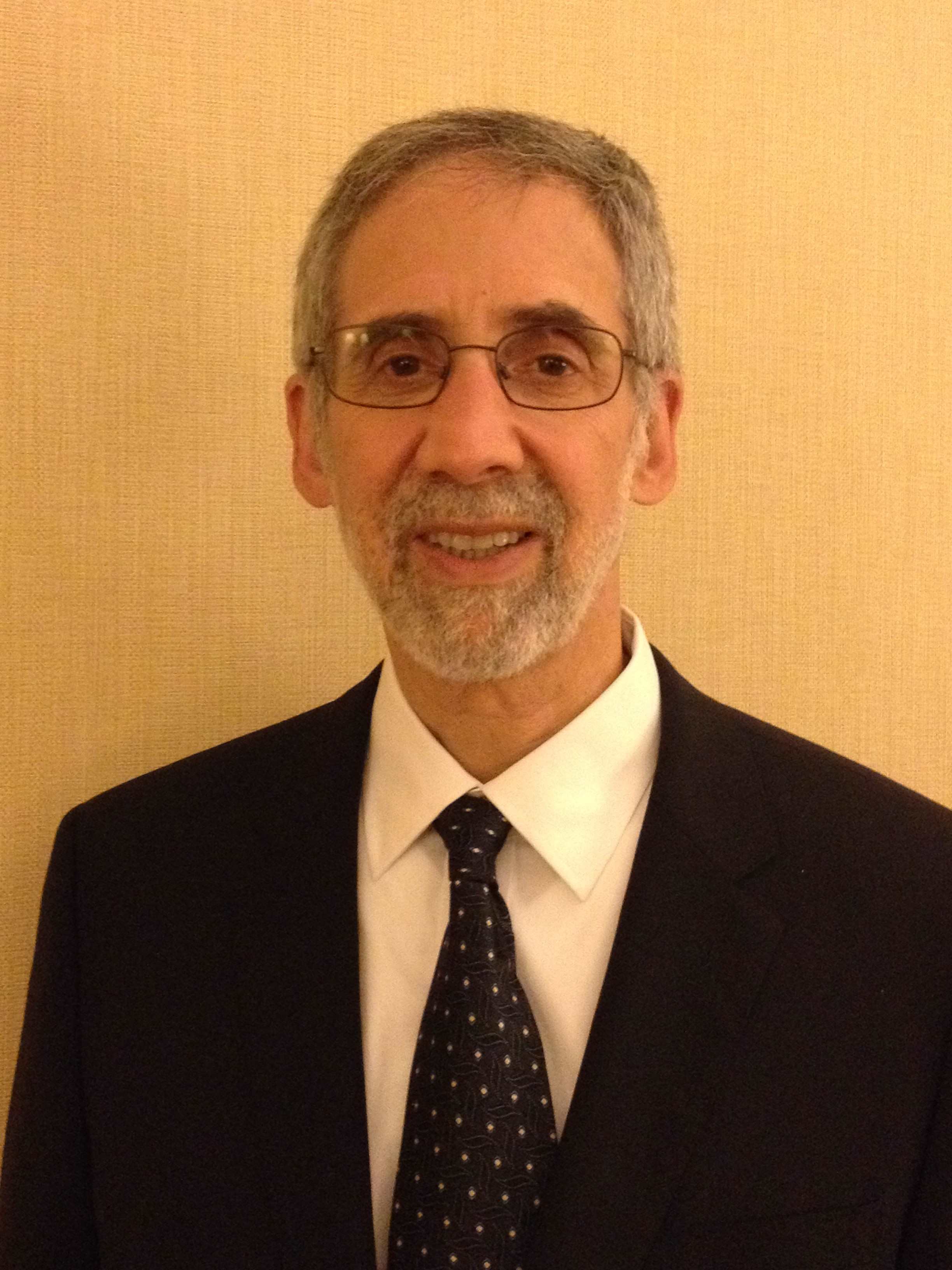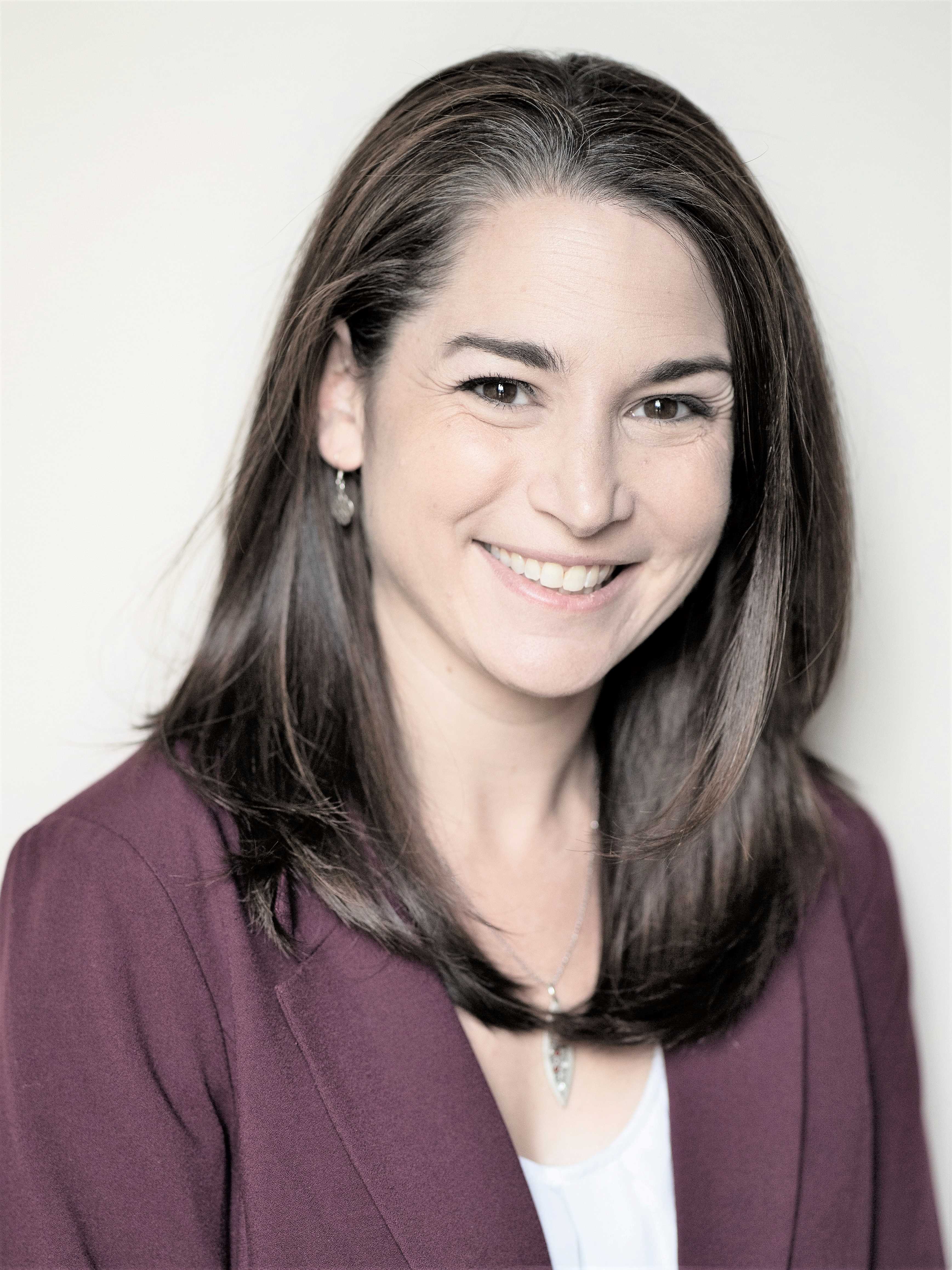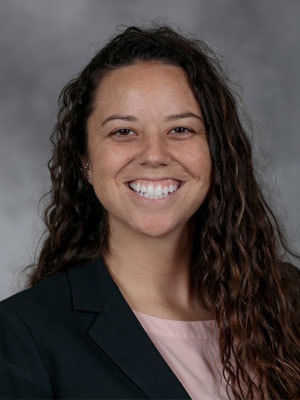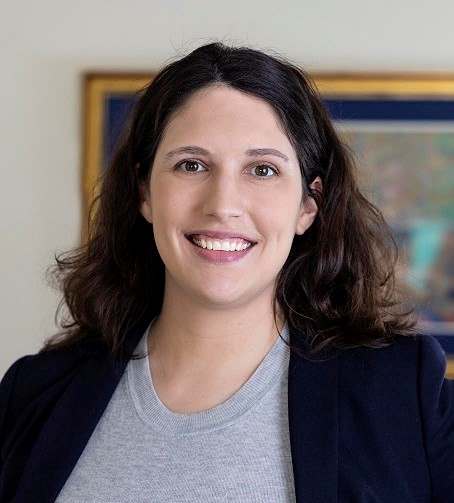| Thursday, November 2nd | Friday, November 3rd |
| 8:00 - 9:30 am ET Presentation #1: "Re-Examining the American Dream and Belief in Opportunity: Implications in Practice" Noelany Pelc, Ph.D. *Note: 1.5 hours Category I CE, will later be available as a homestudy program* |
8:00 - 9:00 am ET Presentation #6: "Acquired Brain Injury: Managing the Silent Epidemic" Wendy Waldman, BSW, CBIST Summer Ibarra, PhD, ABPP-PR, HSPP *Note: 1.0 hour Category I CE, will later be available as a homestudy program* |
| 9:30 - 10:00 am ET Break | 9:00 - 9:30 am ET Break |
| 10:00 - 11:30 am ET Presentation #2: "Advanced Training: Managing the Evaluation and Treatment of Injured Workers in the Indiana Worker's Compensation System" Gregory Hale, Ph.D., HSPP Fred Unverzagt, Ph.D., HSPP *Note: 1.5 hours Category I CE, will later be available as a homestudy program* |
9:30 - 11:00 am ET Presentation #7: "Introduction to Pain Psychology" Jennifer Steiner, PhD ABPP *Note: 1.5 hours Category I CE via live Zoom webinar only, will NOT be available as a homestudy program* |
| 11:30 am - 12:00 pm ET Break | 11:00 - 11:30 am ET Break |
| 12:00 - 1:30 pm ET Presentation #3: "Documenting Accommodation Needs in College and on High Stakes Tests" David R. Parker, Ph.D Jillian Wise, Ph.D., HSPP *Note: 1.5 hours Category I CE, will later be available as a homestudy program* |
11:30 am - 1:00 pm ET Presentation #8: "Encopresis Happens: Interdisciplinary Medicine Approaches to Toileting" Elaine Gilbert, Psy.D., HSPP Scott T. Wagoner, Ph.D., HSPP Joseph Croffie, M.D. Kathryn Hawa, D.O. *Note: 1.5 hours Category I CE, will later be available as a homestudy program* |
| 1:30 - 2:00 pm ET Break | 1:00 - 1:15 pm ET Break |
| 2:00 - 3:30 pm ET Presentation #4: "Demystifying Functional Neurological Disorders" Davis VanderVeen, Ph.D. *Note: 1.5 hours Category I CE, will later be available as a homestudy program* |
1:15 - 1:45 pm ET IPA Awards Meeting |
| 3:30 - 4:00 pm ET Break | 1:45 - 2:00 pm ET Break |
| 4:00 - 5:30 pm ET Presentation #5: "Executive Functioning and Its Effect on Behavior: Assessment and Treatment, Theory and Practice" David Gotthelf, Ph.D., HSPP *Note: 1.5 hours Category I CE via live Zoom webinar only, will NOT be available as a homestudy program* |
2:00 - 3:00 pm ET Presentation #9: "Clinical Supervision and Dual Diagnosis (I/DD & Co-Occurring MH) – Keys to Expanded Practice Options " James Wiltz, PhD HSPP *Note: 1.0 hour Category I CE, will later be available as a homestudy program* |
| 3:00 - 3:30 pm ET Break | |
| 3:30 - 5:00 pm ET Presentation #10: "Writing Accessible Psychological Reports for Diverse Audiences" Elaine Arrington, Ph.D. Liz Begyn, Ph.D., HSPP *Note: 1.5 hours Category I CE, will later be available as a homestudy program* |
